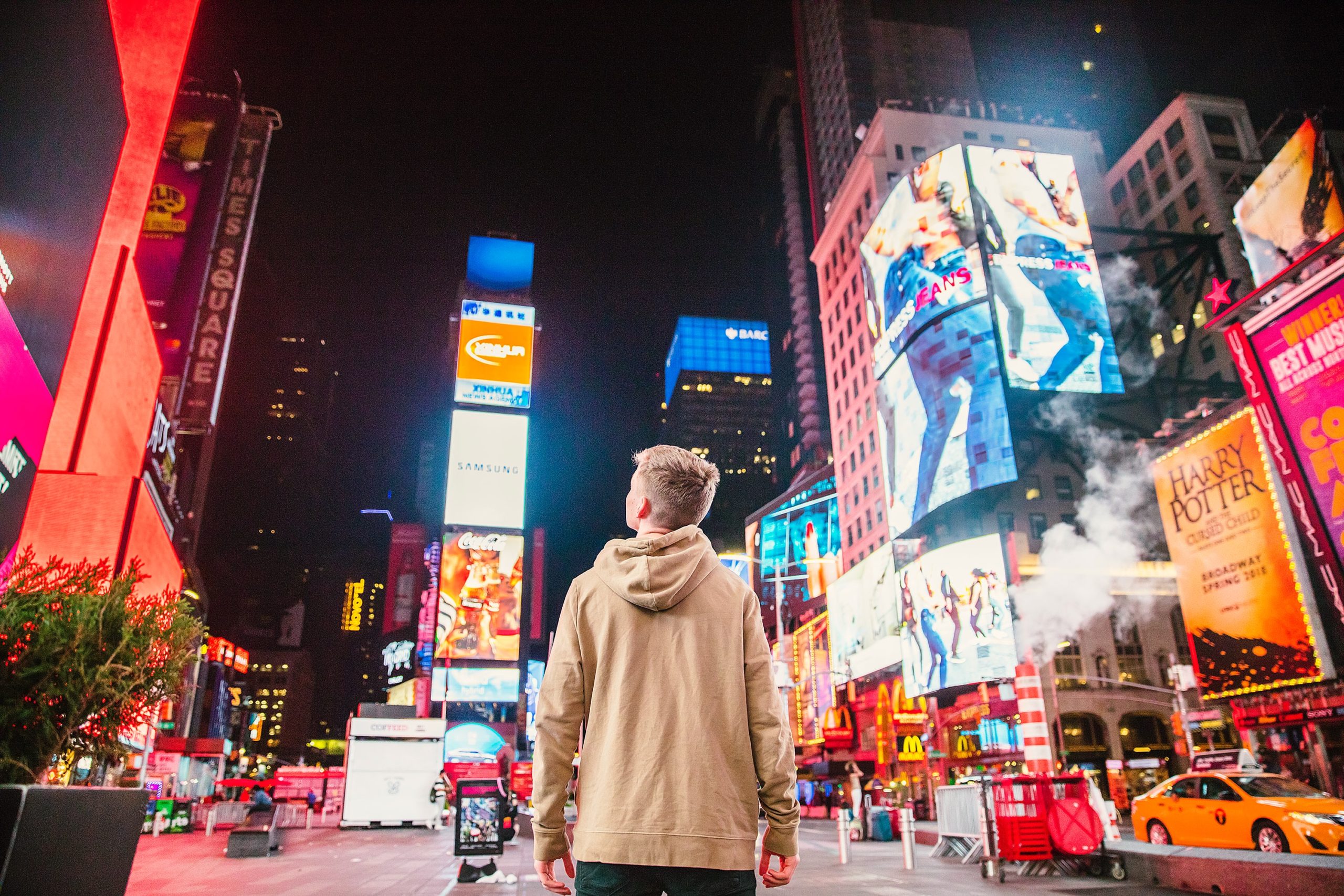Advertising is one of the most influential agents of social change in our society. It has the power to raise awareness and help communities grow in the most unexpected, creative ways – bringing people together. Advertising has the power to do a lot of good and a lot of damage, which is why its influence is undeniable.
However, the industry faces a big challenge: the rising consumer distrust in brands, digital advertising and advertising in general.
The truth is that people hate ads. We are frustrated by all of the aggressive advertising being forced upon us constantly. We are paranoid about getting ads that are too specific. In an effort to get rid of them, ad blocking has slowly become more popular as the digital advertising arena expands, with 53% of respondents in an AdWeek survey reporting using an ad blocker. However, people are simply not interested. Ads are too frequent, too intrusive and too misleading.
According to a 2016 HubSpot study, 64% of people believed that ads are annoying and intrusive, and 79% believe they are being tracked by retargeted ads, raising privacy and security concerns.
I believe that advertising can change the world. And instead of just saying it, I will show you, by introducing some of my favorite winners of the Cannes Lions Live, the most prestigious creative awards in the communications industry. The award show took place from June 21st to June 25th and was live-streamed from Cannes, France, losing its in-person format for the second year in a row. AdWeek podcast co-host David Griner from “Yeah, That’s Probably an Ad” described the online format as a “trying to show the magic of everybody getting drunk and debauched in the south of France and trying to turn that into one giant Zoom call.”
As the pandemic closed the shutters of every bar in the world, Heineken saw an opportunity. In its award-winning campaign, Shutter Ads, redirected its media invested in billboards to closed bar shutters, paying the bars directly. Bar shutters all over the world read “See this ad today, enjoy this bar tomorrow,” turning over 5,000 bars into a sustainable media buying platform and giving 7.5 million euros directly to bars. One hundred percent of the bars in the initiative reopened, showing the impact this campaign had on one of the most affected industries of the pandemic. Heineken had a positive influence on the entire market, influencing other beer brands to produce similar campaigns.
Have you ever thought about inclusive deodorant? Well, Unilever has. Another Cannes Lions winner, the “Degree Inclusive” initiative introduces the world’s first adaptive deodorant built with a team of occupation therapists, engineers, consultants and a diverse disability community. Most products are designed without the disabled community in mind. When big companies take little steps in the right direction, it influences the entire industry. These are the steps that we as a society should be taking in our user experience design. An inclusive and sustainable approach.
And last but definitely not least, my favorite winner of this year’s awards – Beco’s #StealOurStaff campaign. While 90% of companies consider diversity in their hiring process, only 4% consider disability, according to Beco’s campaign. Beco is a soap company where 80% of the staff are disabled – and 100% are brilliant and they are going out of their way to show it. As an invitation for other companies to diversify their hiring process and an effort to fight the disability employment gap, Beco put their staff’s CVs on the soap they made to allow other companies to steal their staff.
With 253.6 billion dollars being spent on advertising in North America in 2019 only, it can bring innovation and growth into our societies. It introduces ideas never seen before. It makes us pay attention to things we probably should have started paying attention to a while ago. So yes, I believe advertising can change the world – when done right.
- Advertising Can Change The World - July 8, 2021
- A Conversation About The Death Penalty - April 15, 2021
- Let’s Talk About Therapy - January 21, 2021

